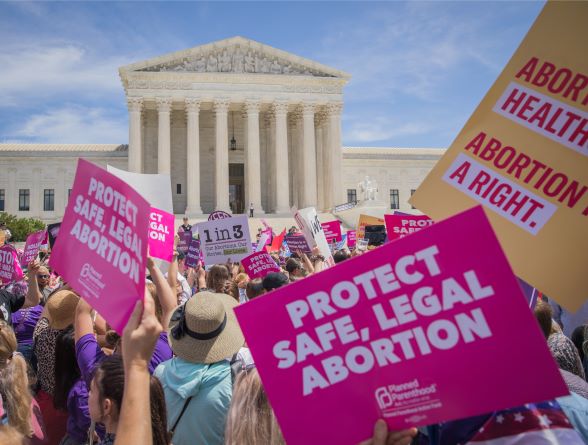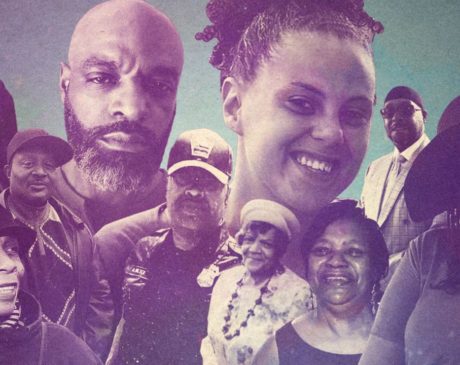The Fight for Reproductive Rights

On May 2, 2022, a Supreme Court draft opinion regarding abortion rights leaked online. The document, authored by conservative SC Justice, Samuel Alito Jr., suggests the court is poised to overturn Roe v. Wade, the lawsuit that spawned the Supreme Court’s landmark decision to establish a constitutional right to abortion in the United States. In the days since, social media has been rife with information – and misinformation – regarding the status of abortion and contraceptives. Likewise, media outlets have provided non-stop news coverage of women’s reproductive rights to keep the nation abreast of legal actions surrounding the issue. With new intel surfacing at every turn, it can be difficult to separate the real from the fake. So today, we’ll attempt to answer the most important questions concerning abortion accurately.
Question #1: Is Abortion Still Legal?
Yes. Abortion is legal in the U.S.; however, restrictions exist from state to state.
Question #2: What Happens if Roe v. Wade is Reversed?
Decisions on abortion rights will be returned to the states. While the overruling of Roe v. Wade would not make abortion illegal, experts predict trigger laws existing in 13 states would lead to abortion bans in those states. What are trigger laws? Laws that would automatically ban or severely limit abortions if Roe v. Wade is overturned.
Question #3: Why Now?
The Supreme Court draft stems from a Mississippi law banning abortions after 15 weeks. The Fifth Circuit U.S. Court of Appeals nullified the law, citing that it negated the right to an abortion before fetal viability – which is widely considered 24 weeks. Mississippi appealed the decision, and the Supreme Court announced it would hear the case in May 2021. Though the court will likely not issue a ruling on the Mississippi case until June, the leaked report reflects the Supreme Court’s consensus on the matter as of February 10, 2022.
The risk of Roe v. Wade’s reversal is a culmination of over fifty years of conservative-party attempts to chip away at the constitutional right. Thanks to a Trump administration 6-3 supermajority conservative supreme court, there is no time like the present to seal the deal. What’s a 6-3 supermajority? Of the nine Supreme Court justices, six have been appointed by Republican (conservative) presidents, and three have been appointed by Democratic (liberal) presidents. The recent appointment of Justice Ketanji Brown Jackson does not affect the SC’s composition, as she will replace President Clinton’s appointee, Stephen G. Breyer.
Question #4: Will Emergency Contraception be Affected?
Not immediately. Lawmakers predict the overturning of Roe v. Wade could threaten the court’s 1965 ruling in Griswold v. Connecticut, which legalized birth control. The conversation surrounding birth control banning likely stems from misinformation surrounding a Tennessee law that added criminal penalties to certain abortion restrictions. The law implements a penalty for providers who authorize abortion medications (mifepristone, misoprostol) by mail – not emergency contraceptives (Plan B).
Question #5: Is There Anything I Can Do?
If you’re among the 70% of Americans who do not want to see Roe v. Wade overturned, you can get involved in the fight to protect reproductive rights through the Center for Reproductive Rights. To learn more about the Supreme Court’s opinion – including how it was leaked – read this.
Please share your thoughts with us in the comments below! We want to hear from you. And as always, love & hugs!






Dominique
Thank you breaking it down for us! I find it so odd this was leaked and why???? But I think women need to have the freedom to decide whether or not that want to abort or keep a pregnancy. There are too many reasons to list why. And it will be minority communities that will be disproportionately affected of Roe v. Wade gets overturned.